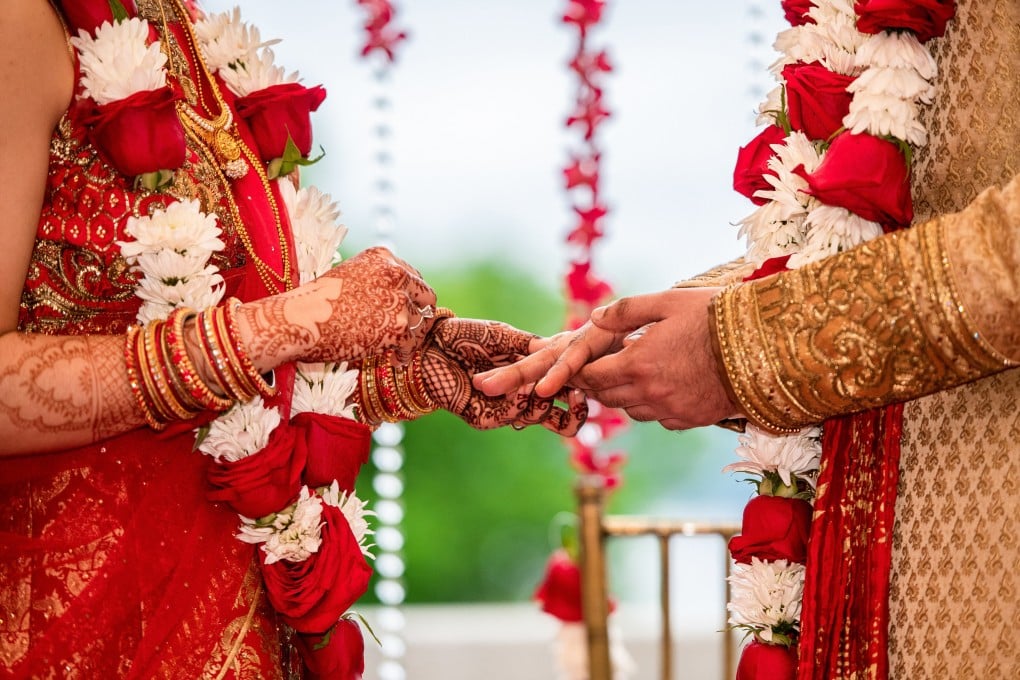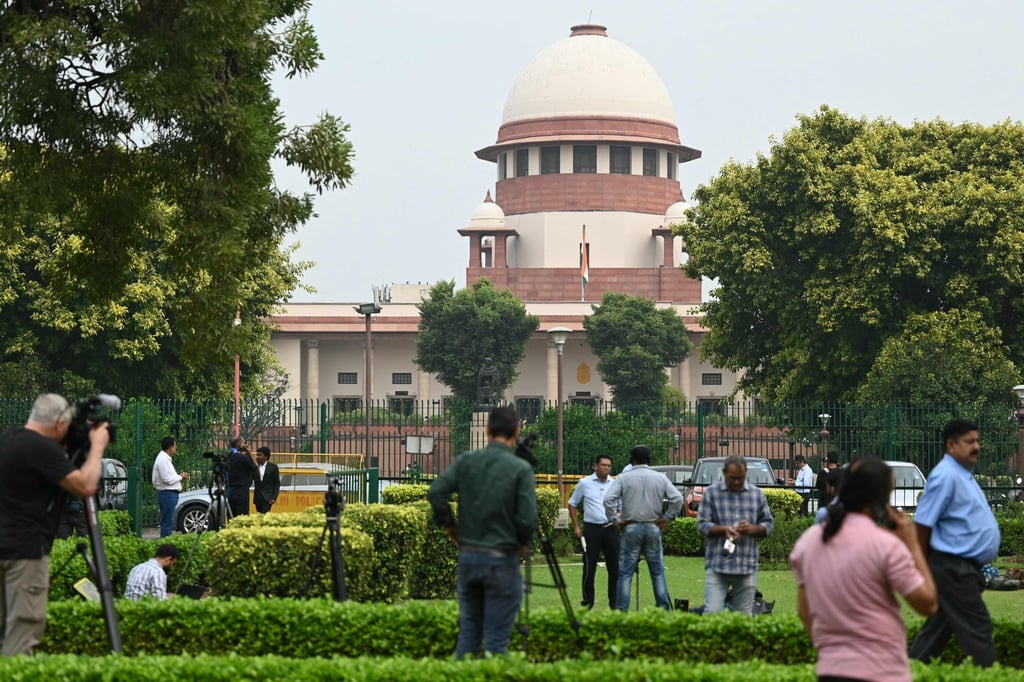India’s marital rape battle sparks fierce debate on consent, women’s rights
Activists have long campaigned for marital rape to be criminalised, but the government says doing so would be ‘excessively harsh’

The petitions challenge a colonial-era law exempting husbands from prosecution for rape or forced sexual acts against their wives if the woman is over 18. Activists have long argued that this exemption perpetuates patriarchal norms and leaves women vulnerable within marriage.
While the federal government acknowledges that “a man does not have a fundamental right” to force sex on his wife, it also has insisted that existing laws sufficiently protect married women from sexual violence.
“The central government asserts that [the requirement for] a woman’s consent is not obliterated by marriage,” the home ministry said in a 49-page affidavit submitted to the court earlier this month.
However, it added that “the consequences of such violations within marriage differ from those outside it”, warning that criminalising marital rape “may seriously impact the conjugal relationship” and could disrupt the institution of marriage itself.

